New data from market research firm Canalys suggests Apple shipped a record number of iPhones in the U.S. during the second quarter of 2020, bucking wider market headwinds caused by the ongoing coronavirus pandemic.
According to Canalys, smartphone shipments fell 10% from 33.4 million units in Q2 2019 to 31.9 million units in the same quarter in 2020. Shipments grew 11% sequentially, however, due to increased production from Chinese factories.
Apple and Samsung accounted for seven out of every ten devices sold in the U.S., with Apple reaching a quarter two record of 15 million iPhones shipped, the research firm estimates. The report says that the iPhone 11 is outperforming 2019's bestselling iPhone XR by 15% despite the pandemic.
Apple grew its share of the market to 47% on the back of iPhone SE, stay-at-home orders and the failure to spread 5G effectively during the coronavirus outbreak.
"As the coronavirus pandemic forced consumers to stay at home, 5G adoption in the US failed to take off," said Canalys analyst Vincent Thielke. "Store closures and virus fears limited interaction with demonstration models, tight consumer budgets further constrained spending power, and with scarce 5G network coverage in American suburbia, consumers saw plenty of reasons to buy a 4G device instead. Despite the lackluster 5G roll-out so far, strong carrier marketing in coming quarters will be instrumental in catalyzing a multi-year transition period from LTE to 5G."
Apple's 15 million iPhone shipments were up 10% from Q2 2019. Apple missing out on 5G in its 2019 iPhone line may have not been an issue according to these numbers, and the "iPhone 12" is expected to launch a super cycle of demand in the fall.
The report goes on to say that 70% of smartphones shipped in the U.S. in Q2 2020 were made in China, up from 60% in Q1.
 Wesley Hilliard
Wesley Hilliard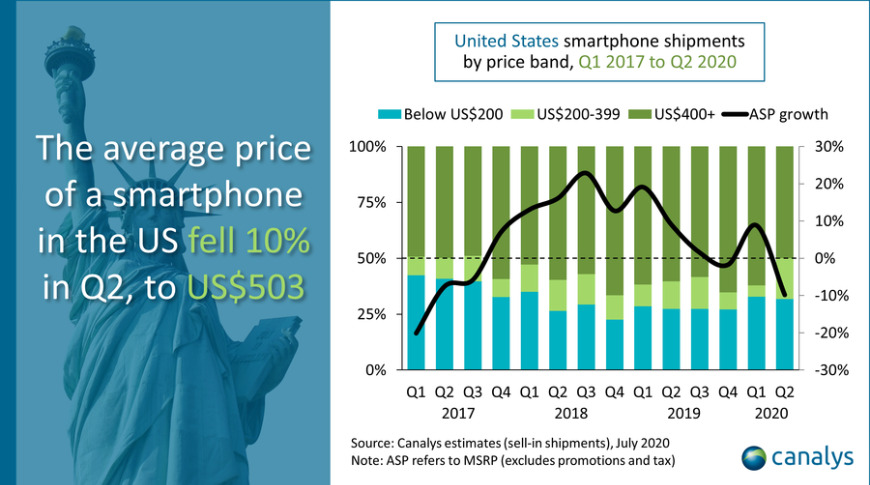

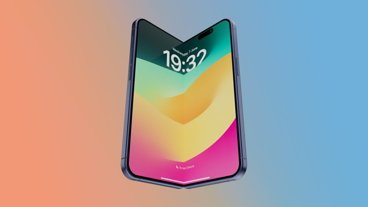






 Marko Zivkovic
Marko Zivkovic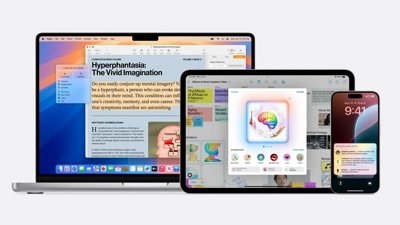
 Malcolm Owen
Malcolm Owen
 Andrew O'Hara
Andrew O'Hara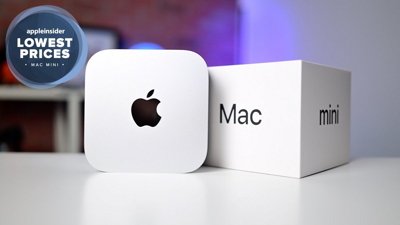
 Christine McKee
Christine McKee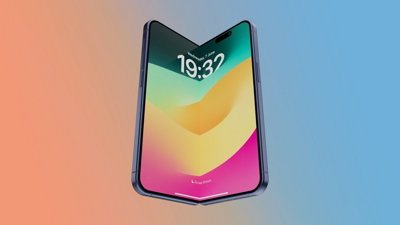

 Amber Neely
Amber Neely
 Andrew Orr
Andrew Orr
 William Gallagher
William Gallagher








3 Comments
I bet if iPhone SE was bezel-less it would have sold even more.
AAPL at all time high! Wowza!
Seeing as how Apple is worth almost double Alphabet, Tim should buy them and close down Android ;)